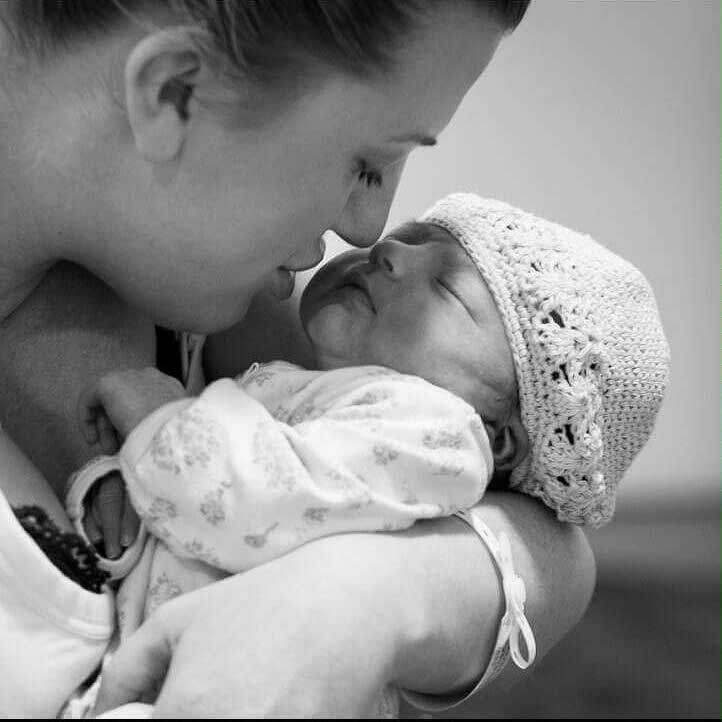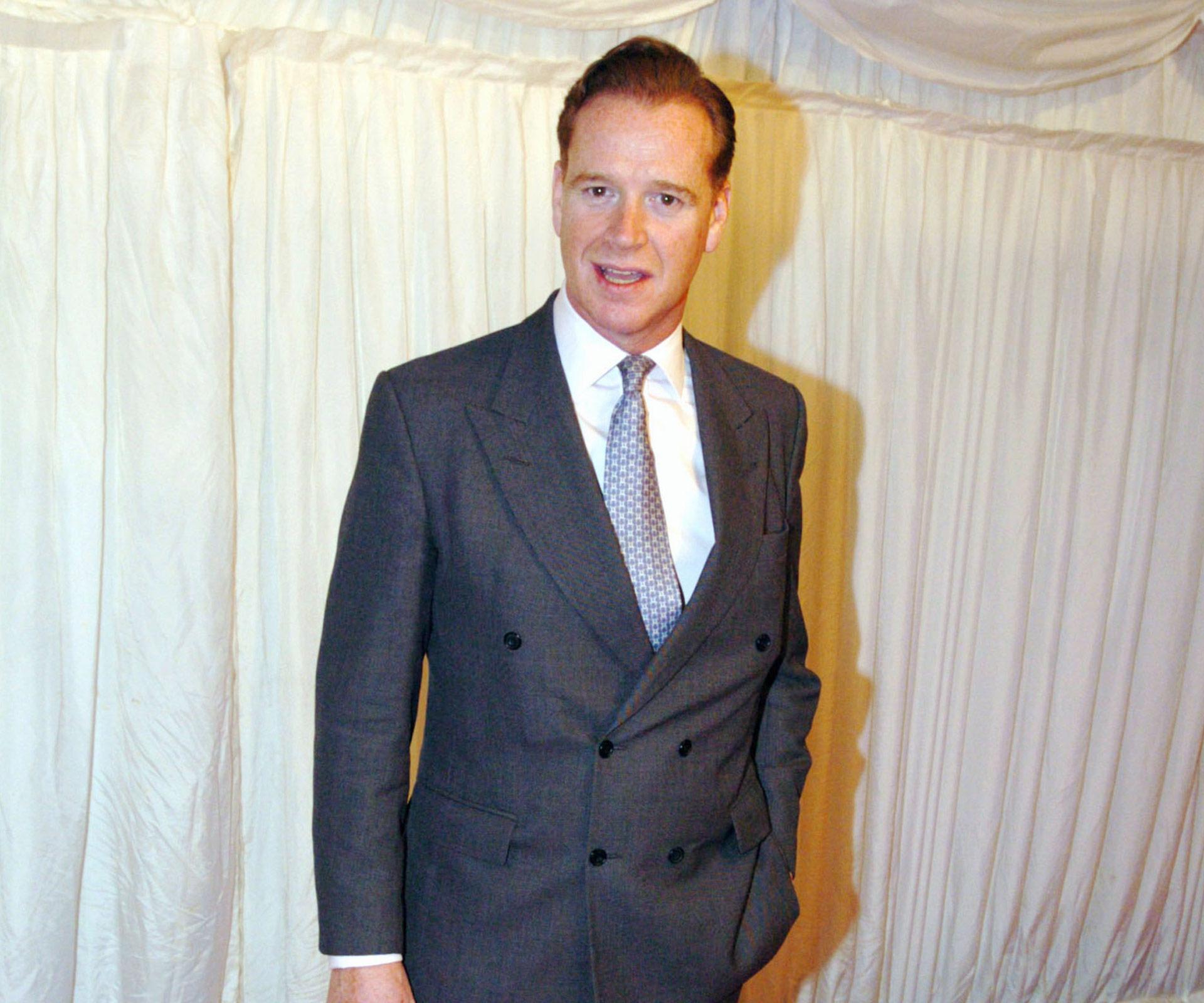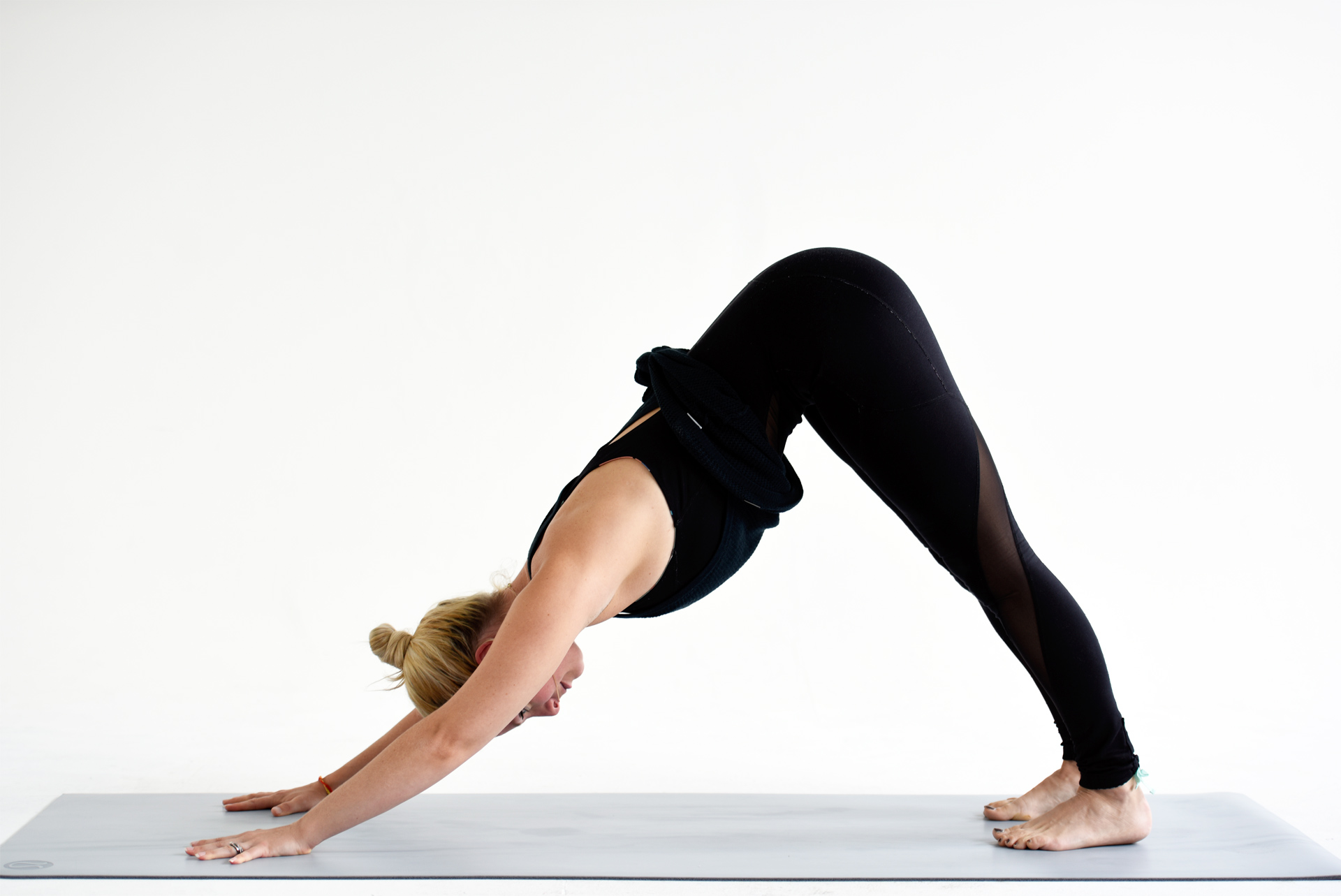Most people think stroke happens to old people, but I am here to tell you that it can happen to anyone or any age, even babies. My little girl Emma is two and a stroke survivor. She is a stroke warrior.
Emma was born at 41 weeks gestation. A beautiful healthy girl, weighing 8 pounds 7 ounces (3.8 kilograms). Emma passed all her health checks in hospital with flying colours. She did struggle to latch on to the breast to feed (looking back now I know why it was so hard for her) but it wasn’t uncommon for a mother to find her feet with breast feeding. At that point there was no cause for alarm.
As time passed, Emma continued to develop normally, and although she protested tummy time (like so many), she passed every check up.
It was when Emma was nine-months-old, I noticed she had a preferred left-hand. Emma would eat finger food with her left-hand but her right-hand and arm had dropped. When we played on the floor she didn’t grasp or reach with it, she didn’t lift her knees at all and while babies in my mother’s group were crawling or about to crawl, little Emma wasn’t even close. It was the gut feeling, the maternal instinct that drove me to make an appointment and have her checked out, just to be sure.
Our maternal child health nurse saw Emma and noticed the lack of strength in her right side.
“Don’t worry” she said, “it’s probably just a strength issue, nothing a bit of physio won’t fix”.

Dee and Emma. Photo/Supplied.
While sitting in the waiting room for the physio, I remember seeing mums with kids who had children with mild to severe disabilities and thinking to myself, “wow that must be tough”. The mum’s faces were full of hope, love and pure exhaustion. I never ever thought I would be that mum.
From the physio we saw a paediatrician, then a second paediatrician, and then a neurosurgeon. The neurosurgeon confirmed Emma had suffered a stroke in utero and as such, a very large cyst or cavity had formed in her brain. My beautiful baby had a brain injury. The area of the brain damaged was the part that controlled movement on Emma’s right side and her speech.
This tiny precious brain with this huge mass, I remember looking at her and thinking how are you alive? How does a child survive such brain damage? How could this happen to my sweet Emma?
Then came more questions. Will Emma die? Will she walk? Will she have emotional intelligence?
Doctors told me if Emma’s brain injury had shown up on any of my prenatal scans, I would have been advised she was incompatible with life, I would have been advised to terminate the pregnancy.
The neurosurgeon observed Emma and couldn’t believe how well she functioned; crawling, talking, pulling up to stand and taking emotional and social cues. He described Emma as phenomenal – something we already knew.

Emma. Photo/Supplied.
Today Emma is two, and recently scored 82 out of 100 for her typical two-year-old check-up – only losing points for not being able to walk. It takes work. Emma has physiotherapy once a week, occupational therapy fortnightly and speech therapy every three months just to ensure she is still on track as the part of her brain that controls speech is completely missing.
Throughout this journey, I have learnt a lot about love, hope and patience. I am grateful for everything our sweet girl has achieved and will continue to support her in any way I can to help her become the best version of herself. The word “can’t” is never used in our house. Our goal as parents is to help Emma believe that she can do anything she puts her mind to.
Her neurosurgeon said to us: “If Emma wants to be a brain surgeon one day, never say she can’t, if she wants to fly a plane, don’t ever say she can’t. You as parents have to help her to believe anything is possible.” This will be our mission.
I am also committed to helping Stroke Foundation bust the myths surrounding stroke. Most people think stroke is an older person’s disease but it impacts people of all ages. There must be greater awareness of the signs of paediatric stroke. Emma had been carrying these signs for a few months before I had noticed anything was amiss. Many parents go through this with their child, where there is a delayed diagnosis and it can mean some early intervention opportunities are missed.
As for Emma, she continues to defy all odds against her.
Emma can crawl, talk in sentences and is almost walking independently. She is about to start botox treatment in her hand and arm. We don’t know what the future holds, but with her one thing is for sure, it will be bright. She is the sunshine of our life.
Dee Honeychurch lives in Ballarat, Victoria. For more information, visit the Stroke Foundation


